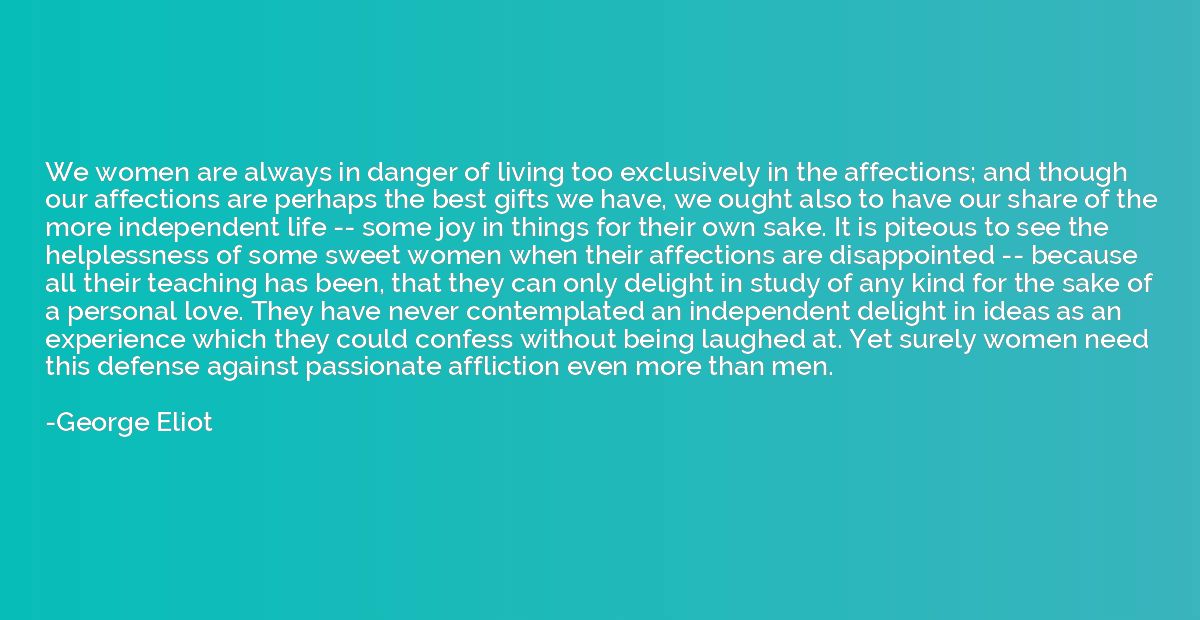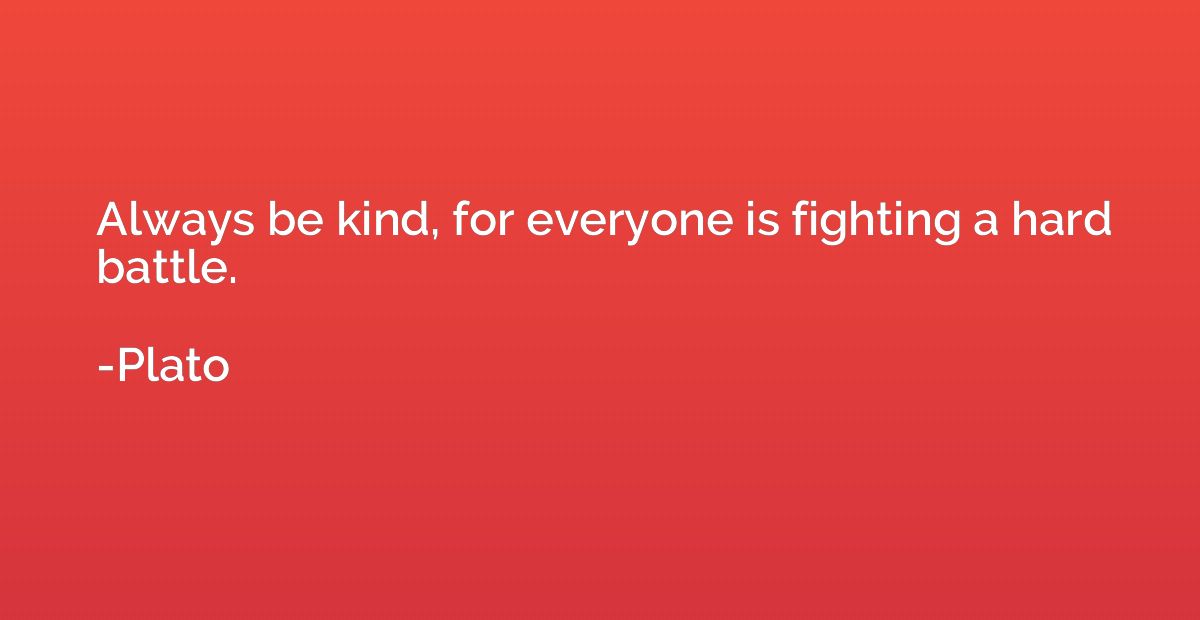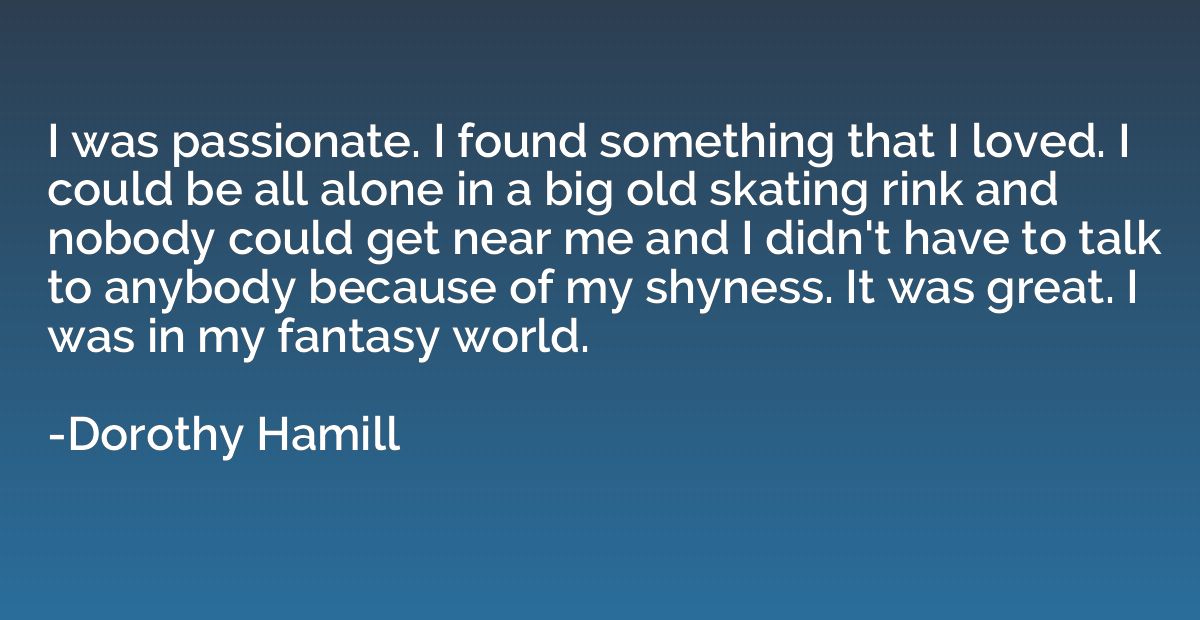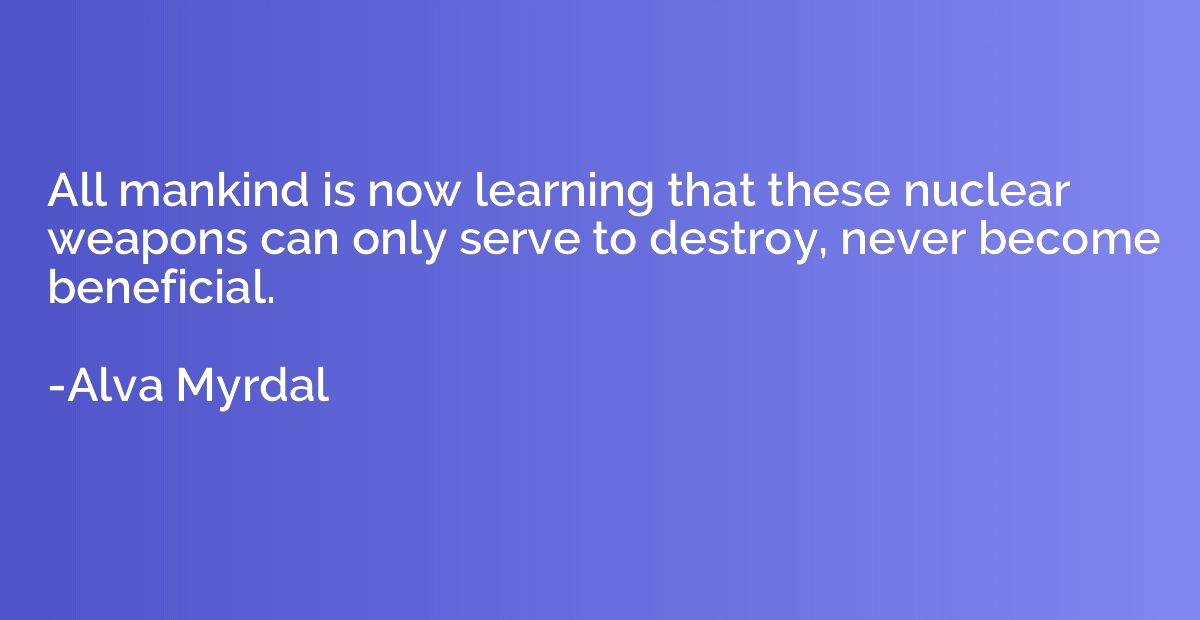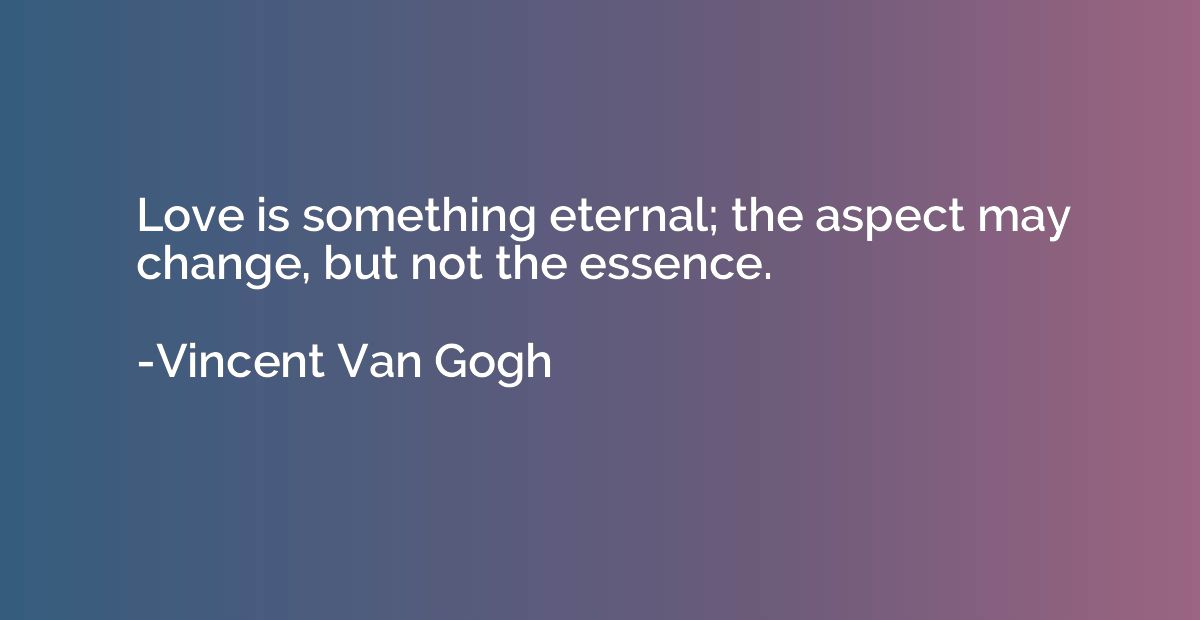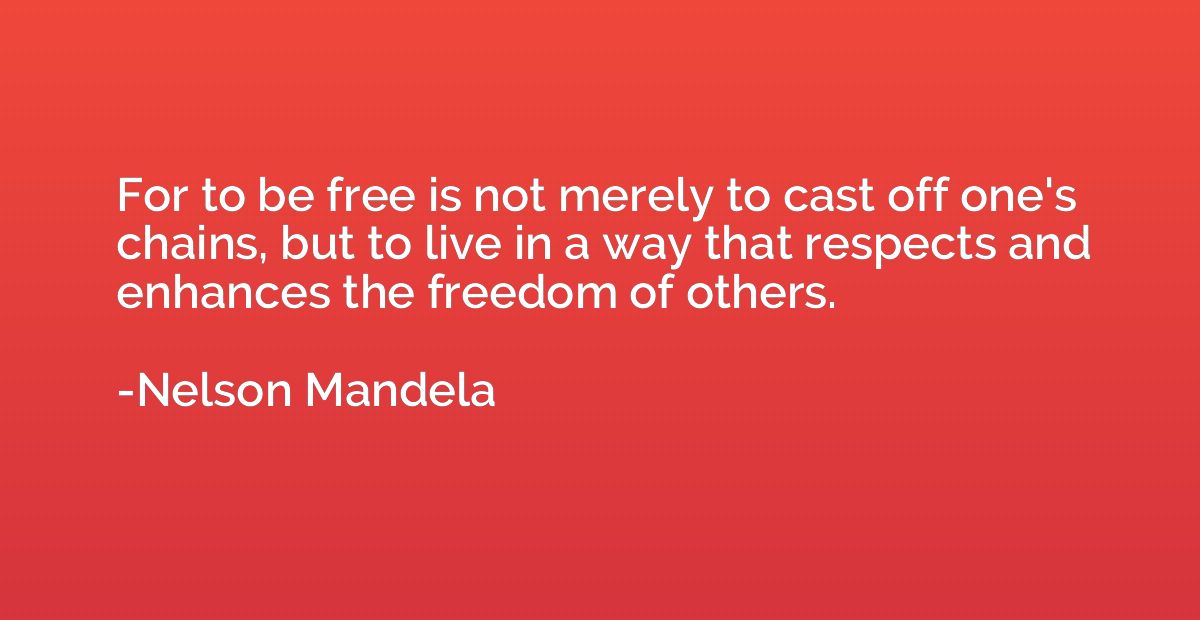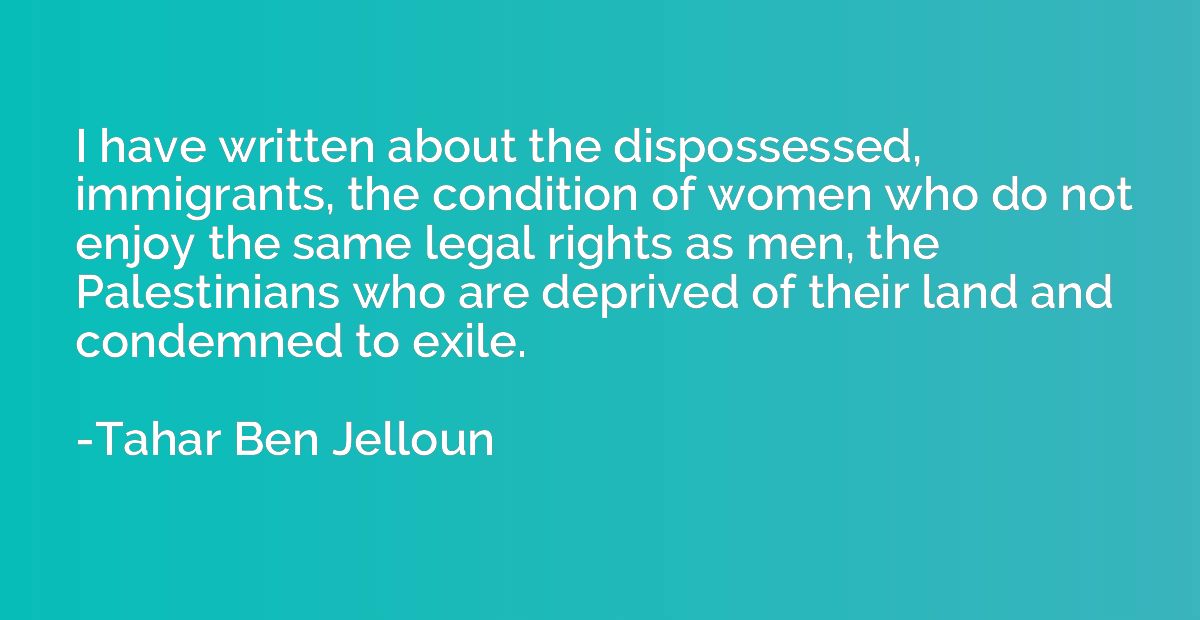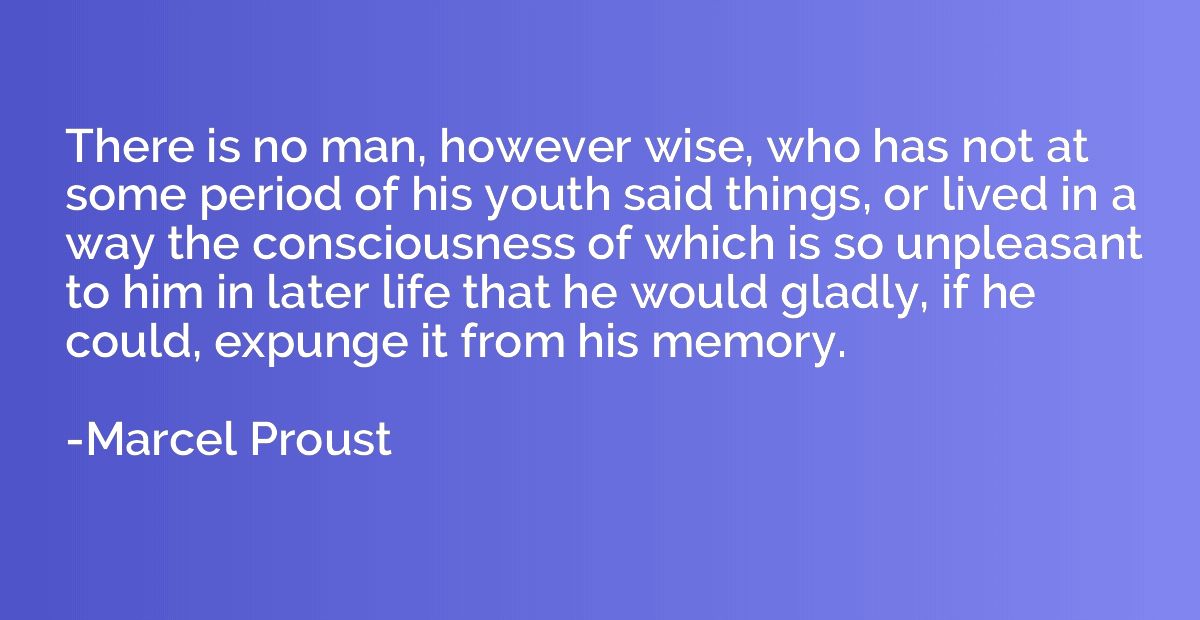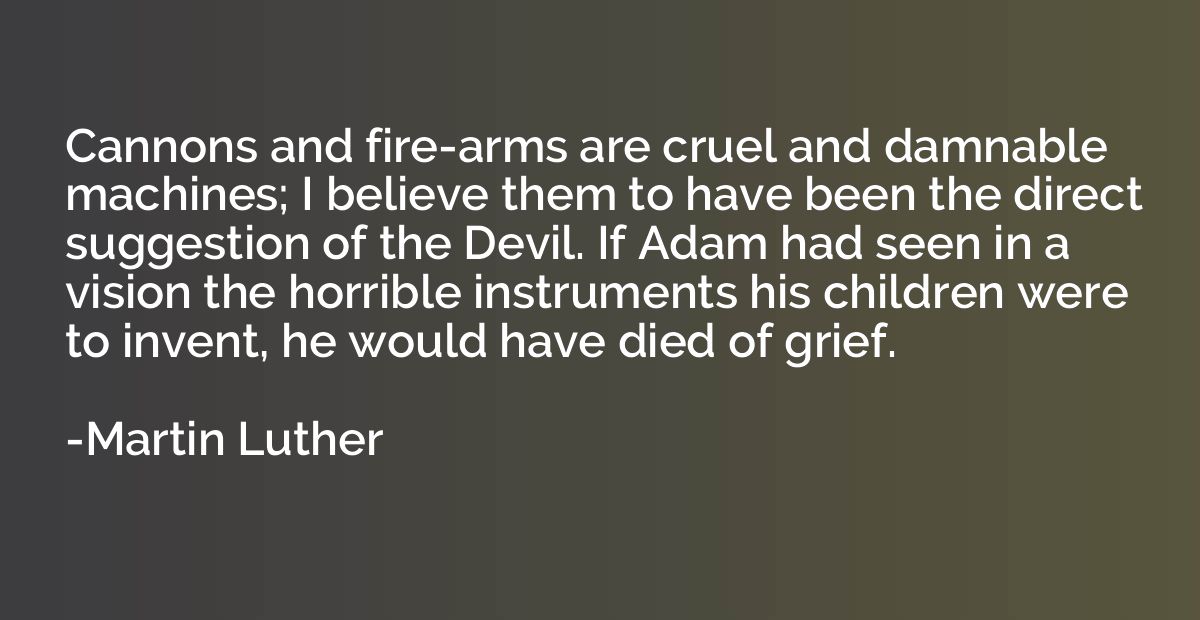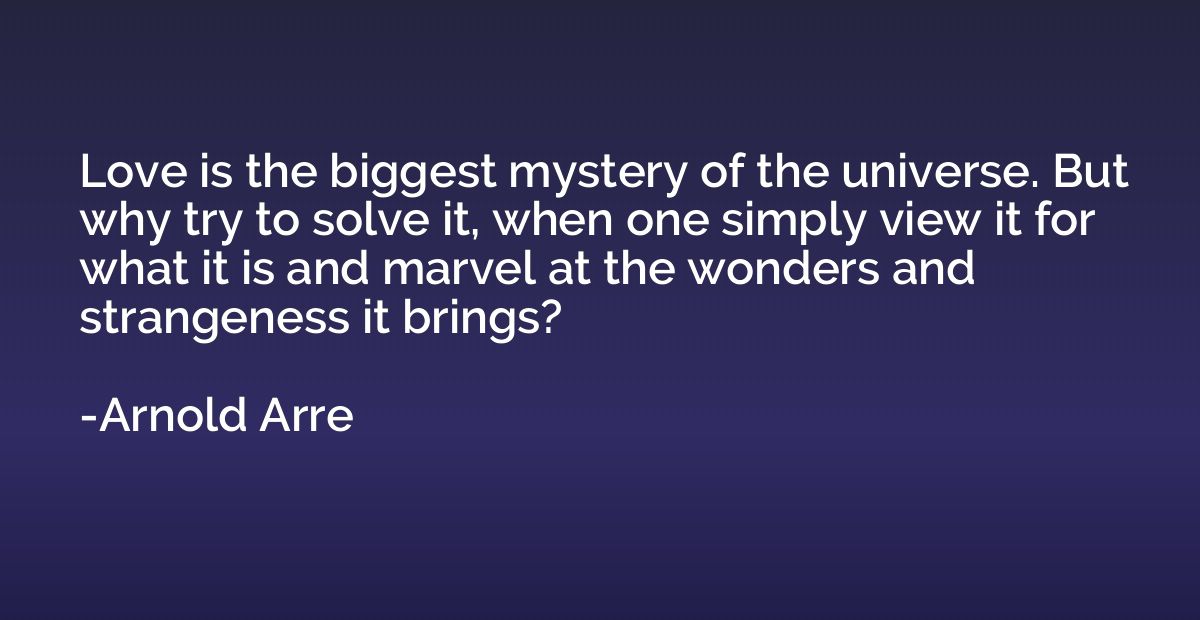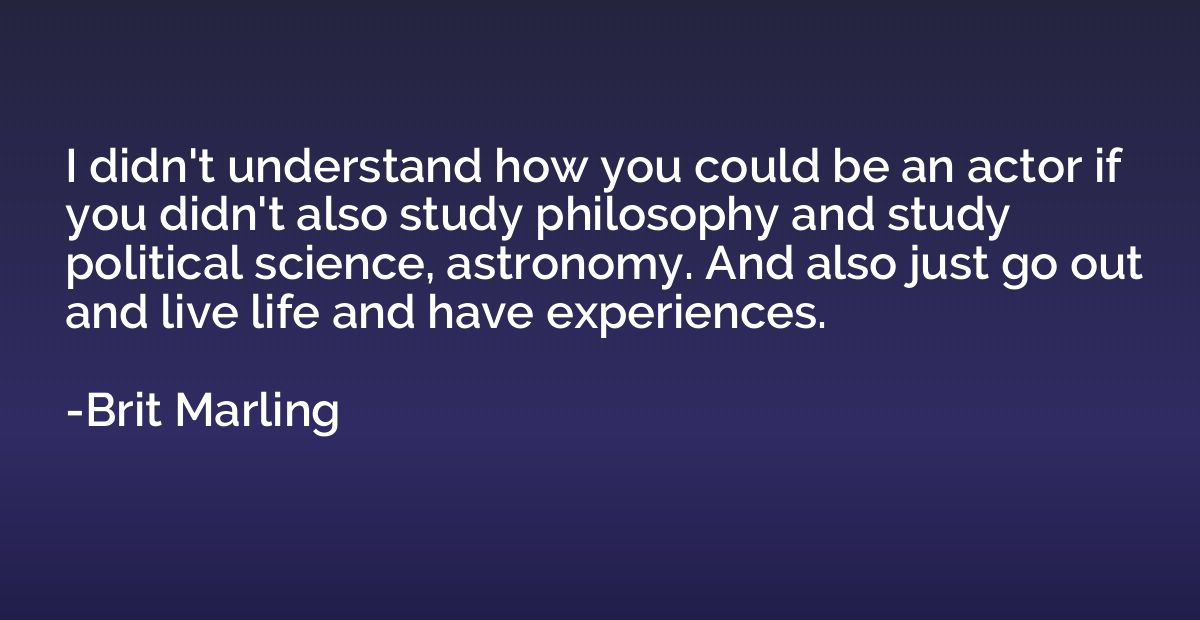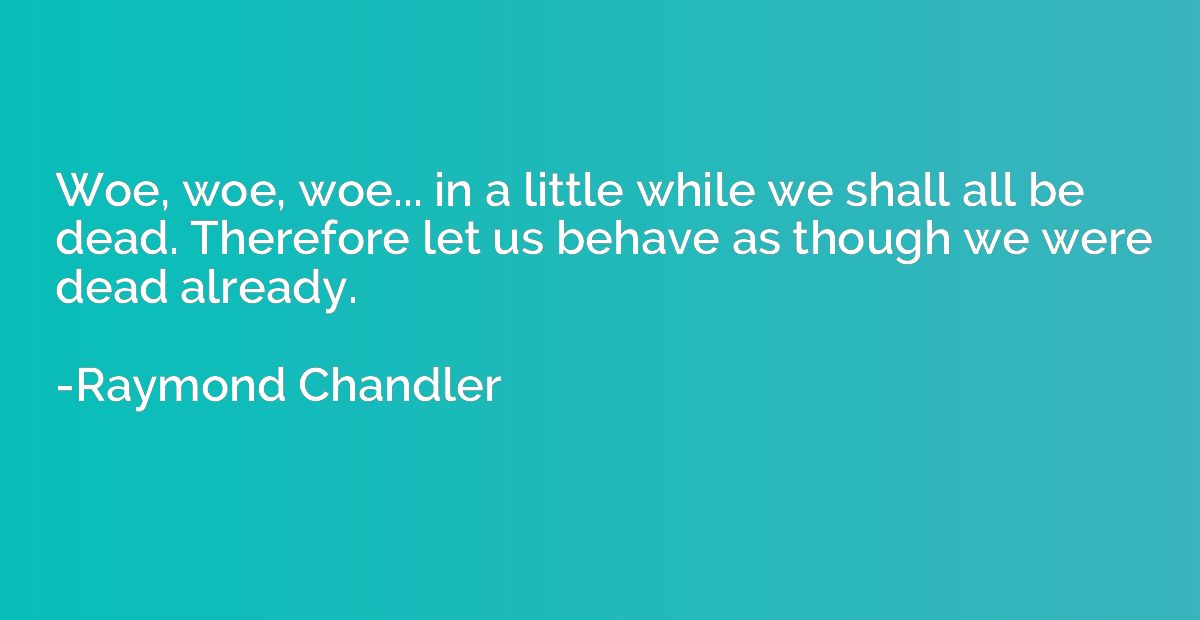Quote by Paul Burrell
Princess Diana talking to Prince William about the loss of her title Her Royal Highness: She turned to William in her distress. She (Princess Diana) told me how he had sat with her one night when she was upset over the loss of HRH, put his arms around her and said: Don't worry, Mummy. I will give it back to you one day when I am king.
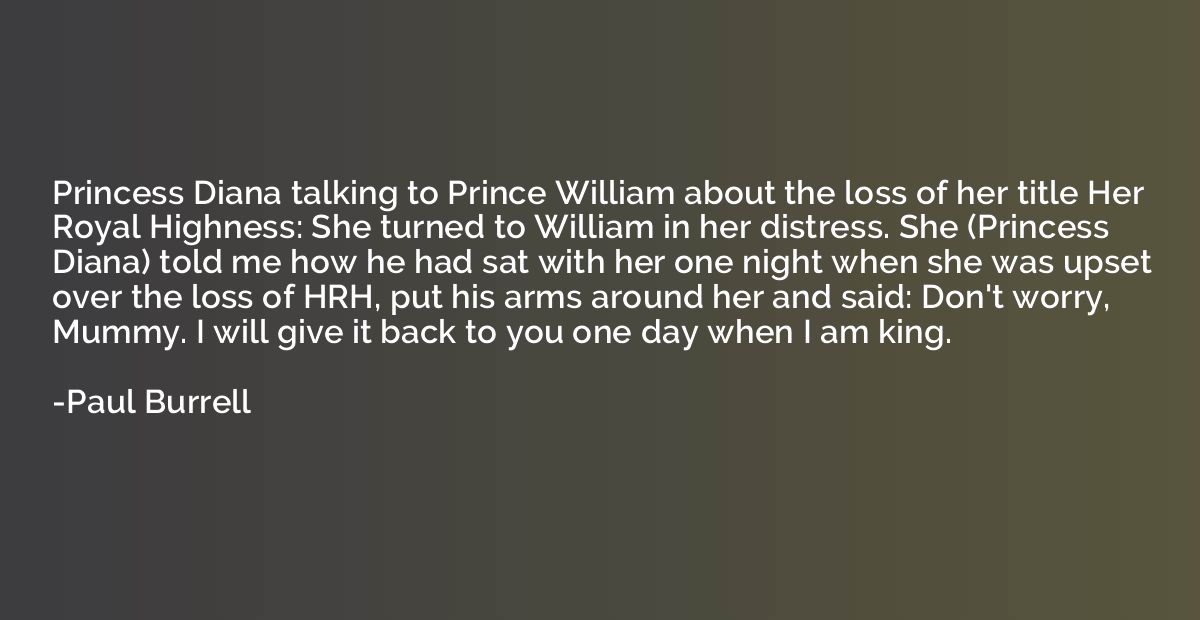
Summary
In this quote, Princess Diana recounts a conversation with her son Prince William after the loss of her title as Her Royal Highness. Distraught, she shared her feelings with him, and he comforted her by assuring her not to worry. Prince William promised his mother that one day, when he became king, he would restore her title. This exchange symbolizes the deep love and support between a mother and son, as well as William's empathy and devotion to his mother's well-being.
By Paul Burrell



